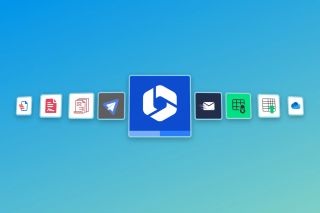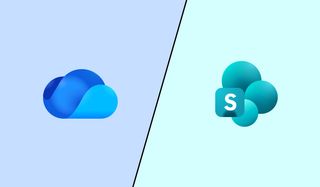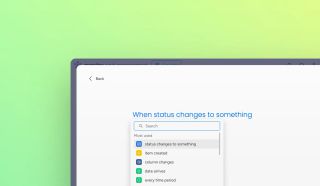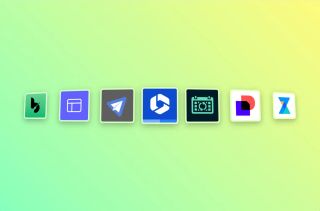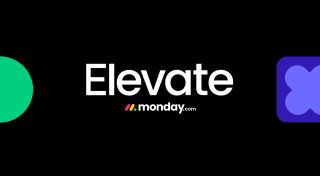Introduction
Łukasz Fiszer, Senior Engineer, Open Platform Group at monday.com recently gave some fascinating insights into the architecture and internals of monday.com's monday code platform at a monday.com Meetup in Warsaw.
This article lists some of the highlights of his presentation.
What is monday code?
monday code is a platform developed by monday.com to streamline the deployment and management of applications built on their ecosystem. Unlike traditional hosting solutions, monday code provides developers with a fully managed environment, eliminating the need for self-hosting while maintaining security and compliance standards.
Why monday code was developed
The decision to build monday code stemmed from several challenges faced by both monday.com and third-party developers:
- Security and compliance: Enterprise customers require apps to meet strict regulatory standards, which can be burdensome for independent developers.
- Monitoring and observability: Without visibility into app performance, debugging issues becomes time-consuming.
- Operational overhead: Managing infrastructure distracts developers from building valuable features.
monday code addresses these issues by offering a hosted solution that integrates seamlessly with monday.com’s platform.
Technical architecture
monday code leverages a hybrid cloud architecture:
- Management layer: Hosted on AWS, this layer handles app metadata and configuration.
- Runtime layer: Built on Google Cloud Platform (GCP), it handles app deployment and execution using services like Cloud Run, Cloud Build, and
Container RegistryArtifact Registry.
This separation ensures isolation between monday.com’s core infrastructure and third-party apps while benefiting from GCP’s scalability.
The deployment process
Deploying an app on monday code is simplified into a single command:
mapps code push
Behind the scenes, the process involves:
- Upload: Packaging and uploading source code to GCP storage.
- Provisioning: Setting up infrastructure using Terraform.
- Build: Converting code into a container using Buildpacks.
- Deployment: Running the container on Cloud Run with auto-scaling.
Key runtime features
Storage API
A managed key-value store ensures compliance with data residency requirements, automatically routing requests to the correct geographic region.
Observability
Developers gain access to real-time metrics and logs without additional setup, powered by GCP’s Cloud Logging and BigQuery.
Network security
- Incoming traffic: Protected by a web application firewall and DDoS mitigation.
- Outgoing traffic: Optional allowlists restrict external connections to approved hosts.
Enhance your workflows with David Simpson Apps
Discover powerful apps and integrations for monday.com, Atlassian, and Microsoft 365. Streamline processes, embed analytics, and boost collaboration.
Explore appsFrequently asked questions
How does scaling work?
Cloud Run automatically scales apps to zero when inactive, with minimal latency during spin-up.
Are there storage limits?
Currently, only per-key size limits are enforced, with no overall storage caps.
Will monday code remain free for app developers?
For now, the platform is free, though future pricing may focus on non-marketplace apps.
Can apps still use custom hosting?
Yes, self-hosting remains an option for advanced use cases not supported by monday code.
What trust signals does monday code have?
The monday code platform is SOC 2 and ISO 27001 certified, and GDPR & HIPAA compliant.
Conclusion
monday code provides a robust, developer-friendly solution for building and deploying apps within the monday.com ecosystem. By abstracting infrastructure complexities, it allows developers to focus on innovation while ensuring security and compliance. While limitations exist for advanced networking needs, the platform is a significant step forward in simplifying app development for monday.com’s growing marketplace.
David Simpson Apps was one of the first monday marketplace vendors to move to app development onto monday code with our Microsoft 365 Sharepoint • Automate & Embed app. Why not give the platform a go for your apps too.
→ Host your app on monday code
Automate your workflows with David Simpson Apps
Discover powerful apps and integrations for monday.com, Microsoft 365 and more. Streamline processes, embed analytics, and boost collaboration.
View our apps on the monday marketplace
